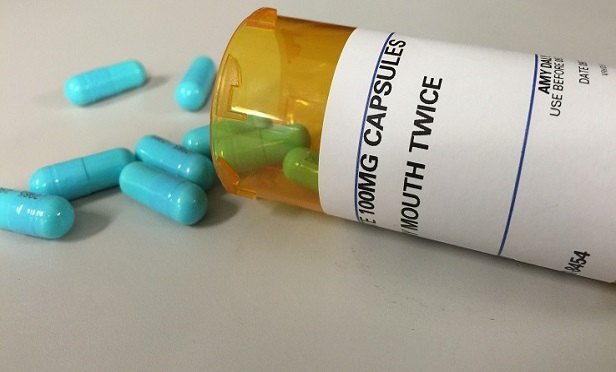
 (Photo: Allison Bell/TA)
(Photo: Allison Bell/TA)
Officials at the Centers for Medicare and Medicaid Services (CMS) hope to hold down prescription drug costs by giving Medicare drug plan managers more bargaining power, and by giving patients more information about what drugs really cost.
CMS — an arm of the U.S. Department of Health and Human Services — unveiled a 185-package of draft Medicare drug benefits regulations Monday. The draft regulations could update prescription drug benefits rules at Medicare Part D drug plans, and at Medicare Part C Medicare Advantage plans.
(Related: Trump Signs Two Drug Cost Information Bills)
Medicare Part D drug plan issuers still compete hard for customers, and they still pay agents and brokers meaningful commissions.
For producers in the Medicare plan market, the new draft regulations could bring new opportunities to connect with clients and prospects.
All Medicare users and prospects may be hungry for general information about what the draft regulations could do.
If the draft regulations actually take effect, consumers with health problems will want help with figuring out which plans offer the best coverage for the kinds of prescriptions they take.
The Draft
Many of the provisions in the new draft regulations deal with the rules for designing a drug plan "formulary," or the list of drugs that a plan will cover.
Current regulations require a plan formulary to include just about all available drugs in six major drug categories: antidepressants, antipsychotics, anticonvulsants, antiretrovirals, anticancer drugs, and immune system suppression drugs for transplant patients.
CMS wants to let a plan exclude a drug in one of those classes if the cost of the drug increases too fast, or if a "new drug" is simply a new version of a drug that's already available.
CMS also wants to let a drug plan provider require prior authorization for use of a drug in a protected class, and, in some cases, to let a drug plan provider require a patient to try a cheaper drug before moving up to a more expensive drug. Requiring a patient to try a cheaper drug first is called "step therapy."



